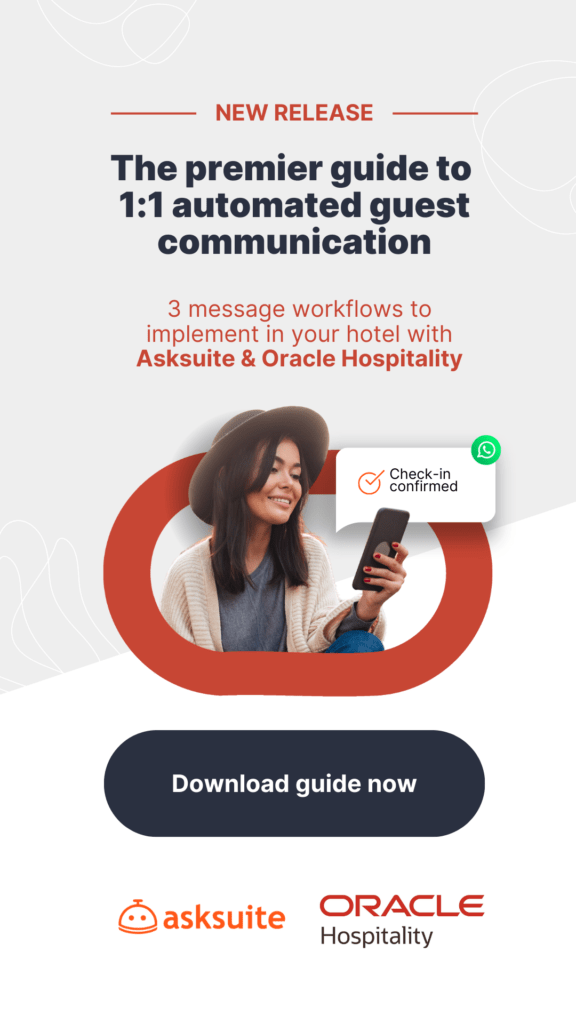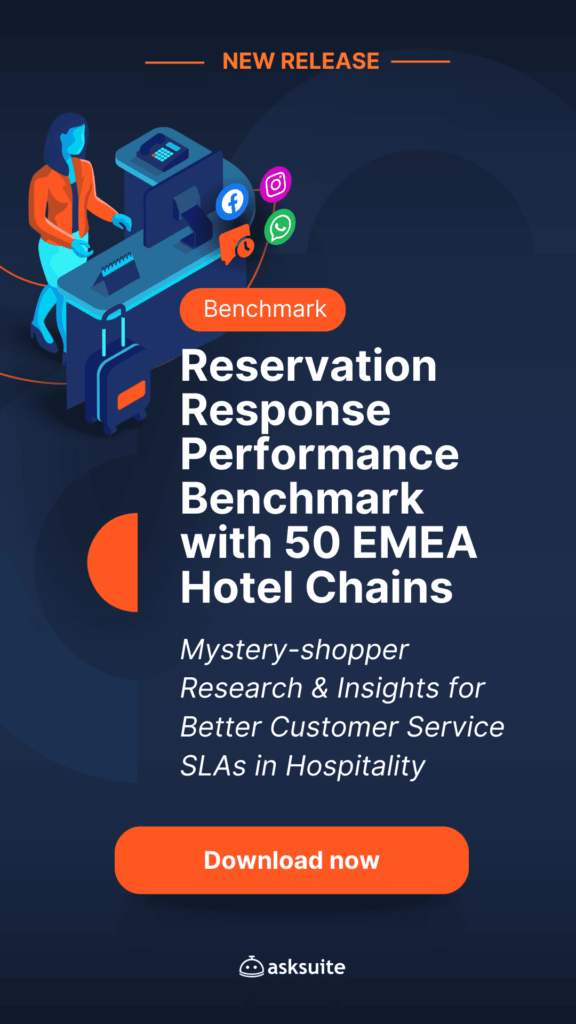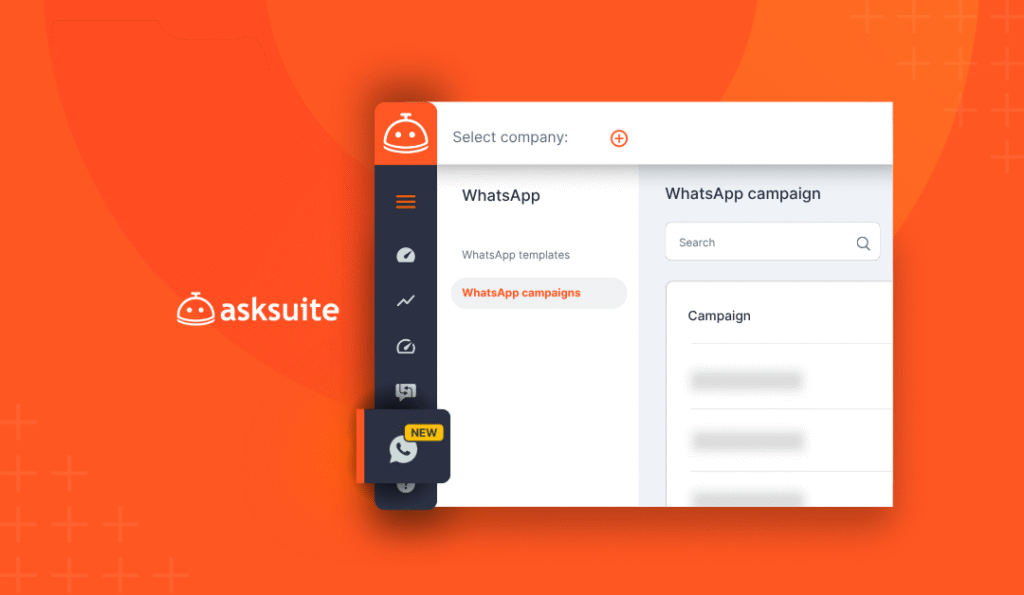This pandemic is putting to the test many things, from relationships to how we work. We are forced to adapt, rethink, and innovate in every aspect of our lives. That is why now it’s the best time for hotels to try hotel software. Having to operate with fewer resources or even with doors closed, lodgings need to find ways to keep reservations coming in and operate more efficiently. Technology can be the best way to achieve all that.
 And there is no better person to talk about technology and hotel software than Jordan Hollander. He is the co-founder of Hotel Tech Report, the number one authority in hotel software in the world. Through the years, HTR has helped thousands of hoteliers make buying decisions and become a trustful bridge between vendors and hoteliers
And there is no better person to talk about technology and hotel software than Jordan Hollander. He is the co-founder of Hotel Tech Report, the number one authority in hotel software in the world. Through the years, HTR has helped thousands of hoteliers make buying decisions and become a trustful bridge between vendors and hoteliers
In this interview, Hollander describes his journey in the hotel industry and shares valuable insights about how hotels can benefit from technology. Hollander also states that the industry is changing dramatically and technology is key to make hotels operate more efficiently.
How did you end up in the hotel industry?
Jordan: I first experienced the hotel and broader hospitality industry as a stock analyst where my firm had invested in companies like Six Flags Entertainment, Wyndham Hotels, Sabre, TripAdvisor, Dunkin Donuts, etc. I then went to work in private equity where I was leading acquisitions for a real estate company in San Francisco.
Investing in hotels in the Bay Area I caught the technology bug and started to see some of our company’s lack of innovation and tendency to “do things as we had always done it” or select vendors “because we heard of them before”. I then went to work at Starwood Hotels on the global partnerships team and really started seeing the huge opportunity for individual hotels to treat technology firms as partners instead of vendors.
You say in your LinkedIn profile that you do skydiving. You must like adrenaline and taking risks, as most entrepreneurs do!
Jordan: It’s funny. I actually love skydiving because of the peace and quiet it provides. When you’re all alone 12,000 feet above the earth, everything seems so peaceful. There’s nobody around and until you hit about 4,000 feet you actually can’t visually perceive the ground getting closer. So it just feels like you’re floating in space.
Entrepreneurship is the opposite kind of adrenaline for me, where there’s constant noise and my biggest task is sifting through that noise to prioritize and execute on the best ideas/projects. The only commonality between entrepreneurship and skydiving for me is a sense of humility. It’s hard to have an ego when you know one wrong or arrogant move can be the end of you and that applies to both.
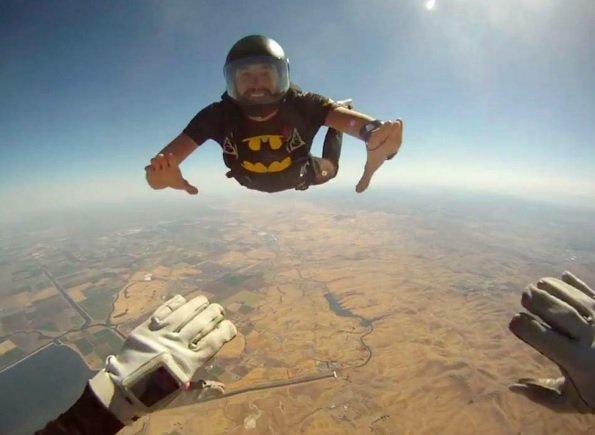
Hotel Tech Report actually started as a hotel software company. We were frustrated by hoteliers not responding to our cold outbound sales. But then we put our “empathy hats” on and learned that they were getting 200 emails a month from vendors like us and had no way to distinguish between them.
We built Hotel Tech Report to solve that problem for hoteliers – to build a safe place for them to come when they wanted to learn about technology and compare vendors based on unbiased data.
We felt like if we solved that problem for hoteliers we could then solve the problem for vendors who had an insanely difficult time acquiring customers. The rest is history.
How do you see the hotel industry in the US? Is it still traditional or is it changing?
Jordan: It’s changing dramatically, especially with the latest coronavirus crisis. It has historically been a bit of a laggard but there’s a large and growing group of digitally native hoteliers moving into leadership roles and are more interested in technology than ever before. Management companies in the U.S. have historically been very labor-intensive businesses even at the corporate level and this crisis is showing them the need to run more efficiently – technology is key to that and that’s why a company like Life House Hotels is exploding.
In HTR, there are companies from all around the world. In some cases, they are working with hotels in other countries, without having a local office. Do you think hotels are opened to this kind of service, where face-to-face is replaced by screen-to-screen?
Jordan: Historically hotel operators haven’t really understood this but virtual deploys are happening more and more frequently. During the crisis, we’ve seen a ton of Mews clients talking about virtual PMS onboarding. If the PMS can be installed virtually then everything else can too.
Messaging and distribution technology has been installed like this for a while. The biggest misconception in hotel software is that we’re somehow different from all other industries. SaaS like Slack and SEMRush have both user sign-ups and enterprise but neither needs a physical install. This is what hotel software will look like in the future – we don’t need a big imagination to know what it’s like because it’s happening all around us and it’s here.
OTAs, customer service, online reputation, staff. What are the biggest challenges hotels face today?
Jordan: Customer acquisition is and always will be the biggest challenge for hotels. If you’re a brand selling shoes, it’s pretty easy to manage distribution and retail has generally figured out omnichannel. In hotels, there’s no such thing as a physical shop and the distribution landscape is insanely complex. Add to that the fact that revenue and costs are always a moving target and you get a really challenging acquisition formula.
What tech trends are independent hotels using?
Jordan: Overall the biggest and most important trend is the “consumerization” of hotel tech. The mistake hotel tech companies made 10 years ago (and many still do) is thinking that they are B2B (business to business) companies. This mindset leads to boring marketing and robotic relationships.
The best companies today understand that there’s no B2B or B2C, it’s just B2H (business to human). As a hotel tech company, you are selling to humans who just happen to be at work.
Years ago you needed these crazy formal contracts and peer buy in to try low-cost SaaS. That is crazy and a lot of it still happens but it’s an appendage. That process was slow, expensive, and labor-intensive.
Now hotel tech is ditching the contracts in favor of self-service and it’s helping hotels become more efficient and in turn, it enables tech companies to scale faster. Go try Mailchimp and you don’t need to discuss it with your boss or have your legal team review. There’s a standard T&C and freemium upgrade. Vendors who don’t offer that kind of frictionless purchase will go the way of the dinosaurs.
In terms of products, automated revenue management is massive right now so that you don’t need a revenue manager at every single small to mid-sized property. Then anything to convert more direct business. How do you increase the conversion rate on your website because you already “own” those prospects?
Asksuite fits neatly into that trend. Just look at the big SaaS companies in other industries and you can see where the opportunities are: Intercom (messaging), Salesforce (CRM), Jira (task management), Optimizely (conversion optimization), etc. Hotels need specialized providers and workflows…follow other industries and you’ll land on the big ideas.
Which “tech waves” would you recommend hoteliers “to surf”?
Jordan: The big wave is something that’s not unique to hotels – it’s about doing more with less. Investors have choices of where to put capital and they’re constantly comparing. As businesses like Amazon, Apple, Google and Microsoft have grown revenue per employee, hotel investors are increasingly comparing returns against other assets.
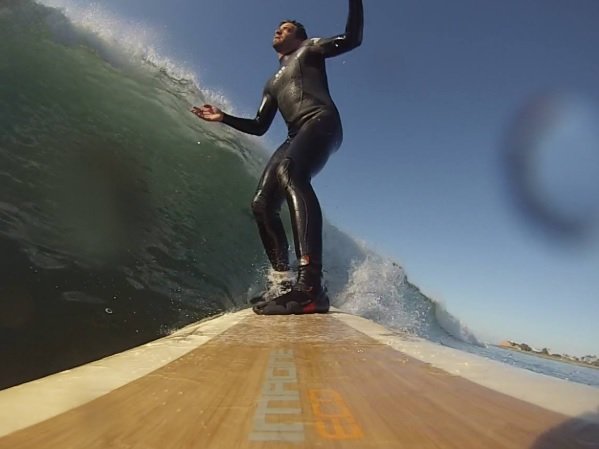
Hotels need to become more efficient and technology is really the only way to do that. Digital transformation is an overused buzzword but business owners today need to create seamless workflows that run in autopilot to drive higher returns and hotels need to analyze their whole tech stack to do that.
About Jordan Hollander:
Jordan is the co-founder of Hotel Tech Report, the #1 ratings and review platform for the hotel technology industry. He was previously on the Global Partnerships team at Starwood Hotels & Resorts. Prior to his work with SPG, Jordan was Director of Business Development at MWT Hospitality and an equity analyst at Wells Capital Management. Jordan received his MBA from Northwestern’s Kellogg School of Management where he was a Zell Global Entrepreneurship Scholar and a Pritzker Group Venture Fellow.

